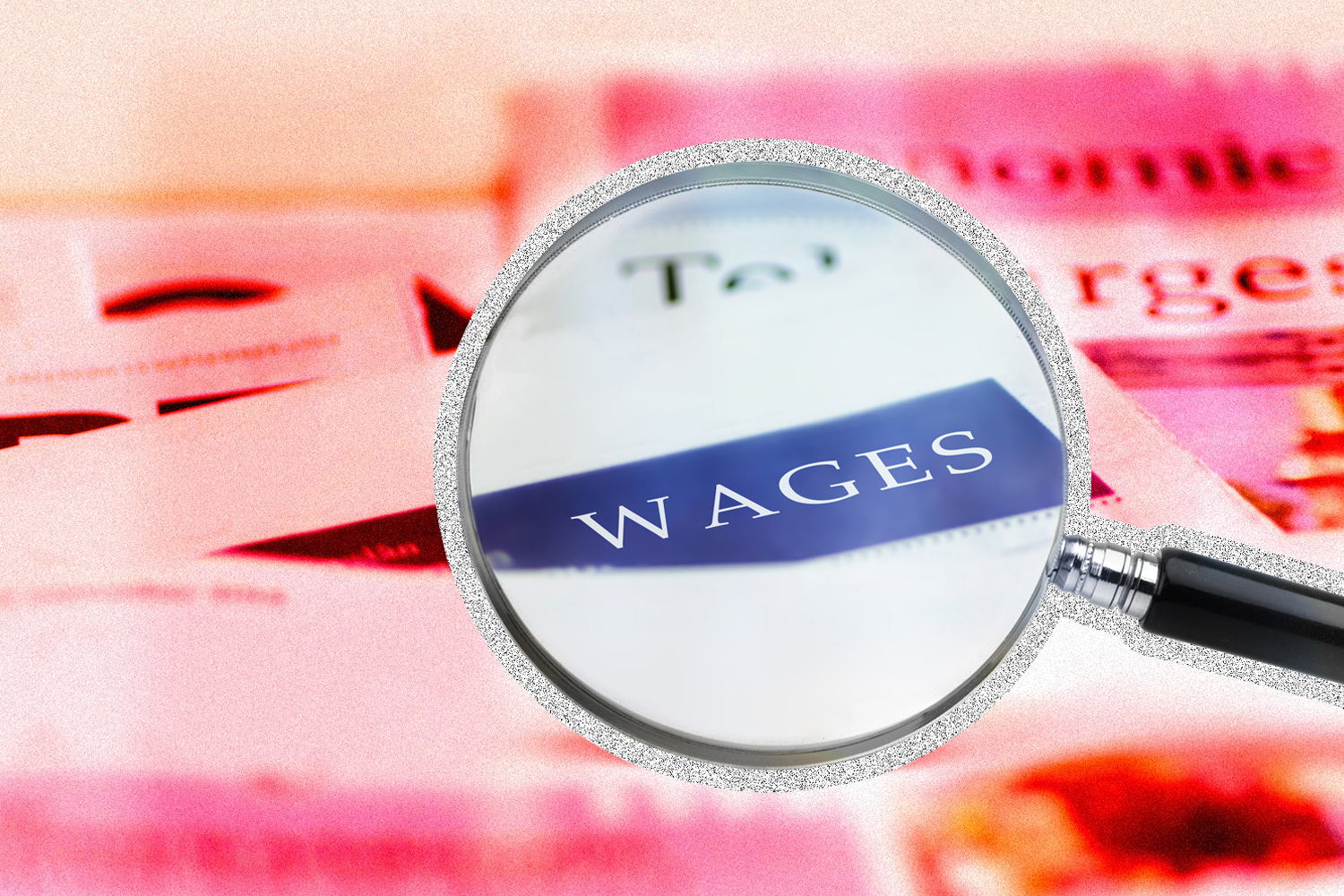Pay transparency laws in job postings are being enacted across the U.S. requiring workers to stay tuned and be prepared to follow the new rules or risk penalties.

Pay transparency laws in job postings are being enacted across the U.S. requiring workers to stay tuned and be prepared to follow the new rules or risk penalties.
Pay Transparency Laws
New York Gov. Kathy Hochul signed a bill this week requiring companies with more than four employees to disclose a range for annual salary or hourly rate for all advertised positions and internal promotions. The new Pay transparency laws for job postings have gained traction in Washington state, Colorado, and California.
If your company has not yet been influenced by pay transparency now, it may be soon. Several states and municipal governments in America have passed related laws, Additionally, employers who disobey the law risk financial and legal penalties.
The National Labor Relations Act, enacted in 1935 and protects workers from punishment, and employee organizing is the only federal statute organizing, is the only federal statute governing pay transparency in America which law also protects pay discussions. However, the majority of job listing sites are relaying on their own algorithms.
Here Are The Benefits of Pay Transparency
In addition to abiding by the law, an excellent justification for businesses to embrace pay transparency standards is to aid talent attraction and retention. In fact, a poll by Glassdoor found that 63% of workers favor a company that discloses pay information.
Hence, attractive compensation packages are big deal for employees. Additionally, promoting equitable compensation and eliminating income display may be compensated through Pay transparency. In a PayScale study analysis of 1.6 million survey responses gathered between 2017 and 2019, director-level women in organizations with received $0.91 for every $1 awarded to their male counterparts.
Equal pay was accomplished by businesses that were thought to be transparent. Moreover, If companies fail to submit their pay data, the Civil Rights department can take action.




















